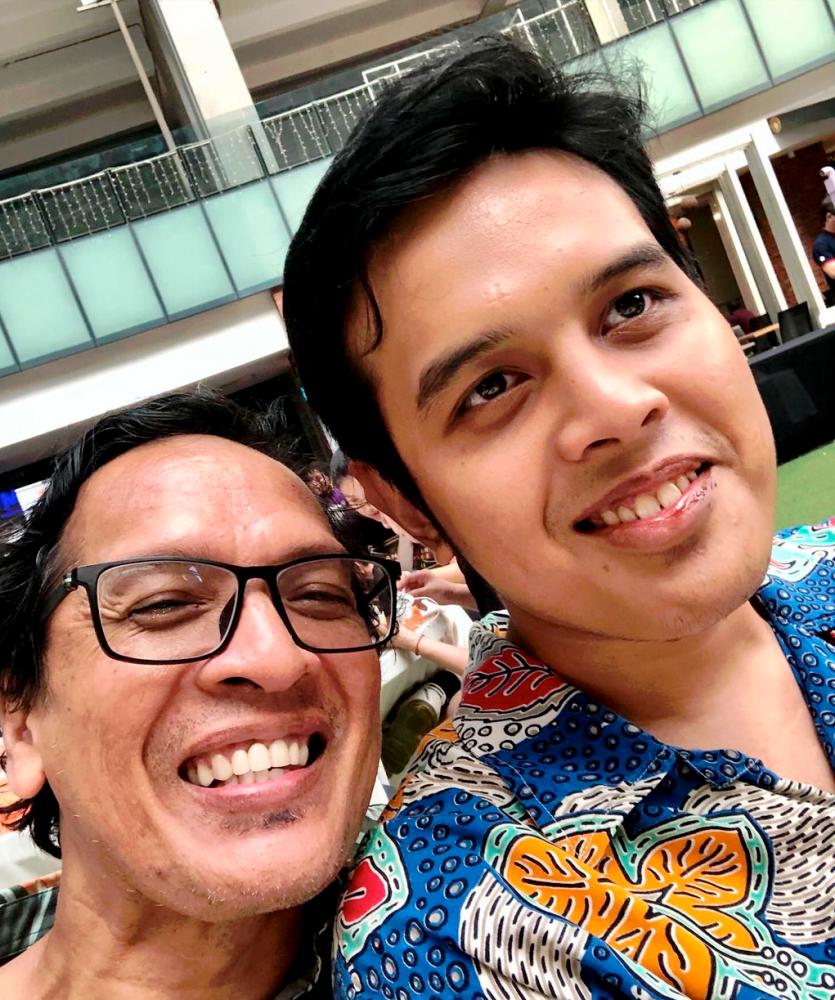PETALING JAYA: Employment opportunities are still very scarce for those afflicted with autism, no thanks to negative stereotypes, stigma against them, and the lack of education and training to raise their employability.
However, all is not lost, as long as there are people like Autism Cafe Project (ACP) founder Mohd Adli Yahya, 58, who has employed four autistic individuals as permanent staff.
ACP is a food and beverage outlet at the MIJ International Hub in Kota Damansara, Selangor.
MIJ is part of an NGO that offers academic and daily living skills to students aged from two to 30 with different learning difficulties such as autism, attention deficit hyperactivity disorder, cerebral palsy, dyslexia, and Down syndrome global developmental delay.
Mohd Adli said ACP serves as an example that people with autism can work and earn a living, just like the rest of us.
“We encourage autistic individuals to come to our centre and learn new skills instead of staying at home. They will learn communication, work, earn a salary and be independent. One or two hours at our centre is more than enough for them to learn and gain new experiences.”
Mohd Adli said before admitting students, he would first ask their parents to list down their children’s likes and dislikes.
“People with autism need to enjoy what they do so that they would not get easily stressed or overwhelmed. We are proud to say that throughout the six years of operating, we have had zero cases of tantrums by the students.
“We have to tailor-make their tasks according to what they enjoy doing. For example, we have a student who likes water, so we gave him dishwashing duty,” he said.
Mohd Adli hopes that ACP would branch out to reach more autistics in other states by assisting them to realise their purpose and meaning in life.
Universiti Teknologi Mara Clinical Psychology Unit lecturer at the Department of Psychiatry, Dr Sakinah Idris, said those with autism find it harder to get jobs due to their inability to adjust to the transition process.
This is particularly so for those with low-functioning autism, who have limitations in many areas. Hence, they need education and training to prepare themselves to be independent.
“In Malaysia, there is a lack of effective transition plans from school to employment.
“This leads to poor employment outcomes for such persons. Autistic individuals also have the right to access employment. The Person With Disabilities Act 2008 provides employment opportunities for 1% of autistics in the civil service.
“Some individuals with autism have exceptional skills that enable them to succeed in roles such as sales assistant, computer programming, journalist and many more. The ability of each individual with high-functioning autism is sometimes better than normal people. They may demonstrate persistence, accuracy, attention to detail and excellent memory.”
Sakinah said the stigma towards those with autism is still prevalent in the country.
“If an autistic child is screaming, spinning around or making lots of noises, flapping their hands when happy, or no eye contact while talking, people will stare at the parents and be annoyed with such behaviour. They assume the child lacks discipline,” she said.
Such social stigma may also influence families of autistic children from seeking proper diagnosis and professional assistance for them.
She said employers ought to be less discriminating towards autistics.
“Let’s hope that the government can increase the 1% employment opportunity policy. A special team should be activated to monitor and ensure its implementation,” she added.














